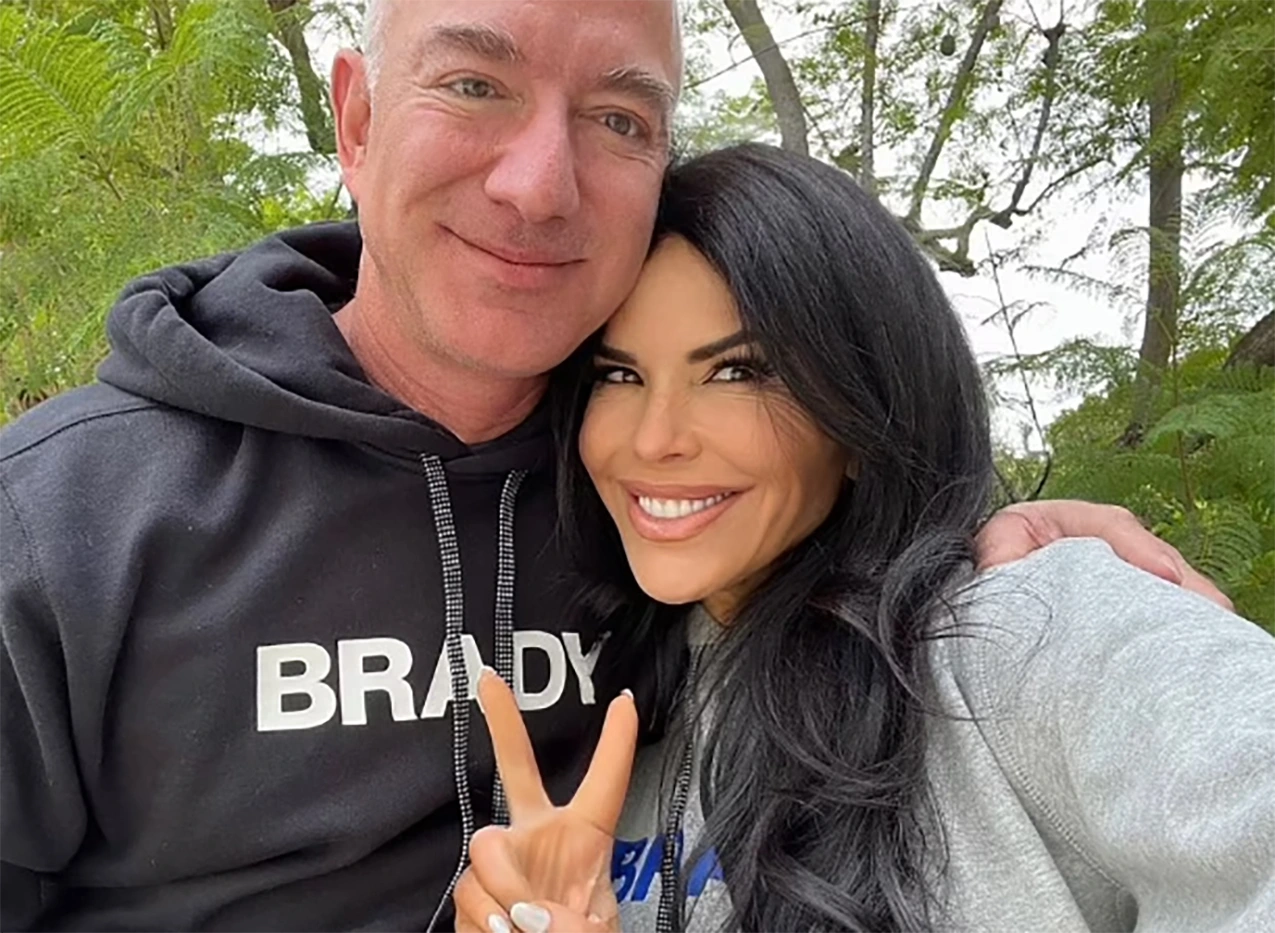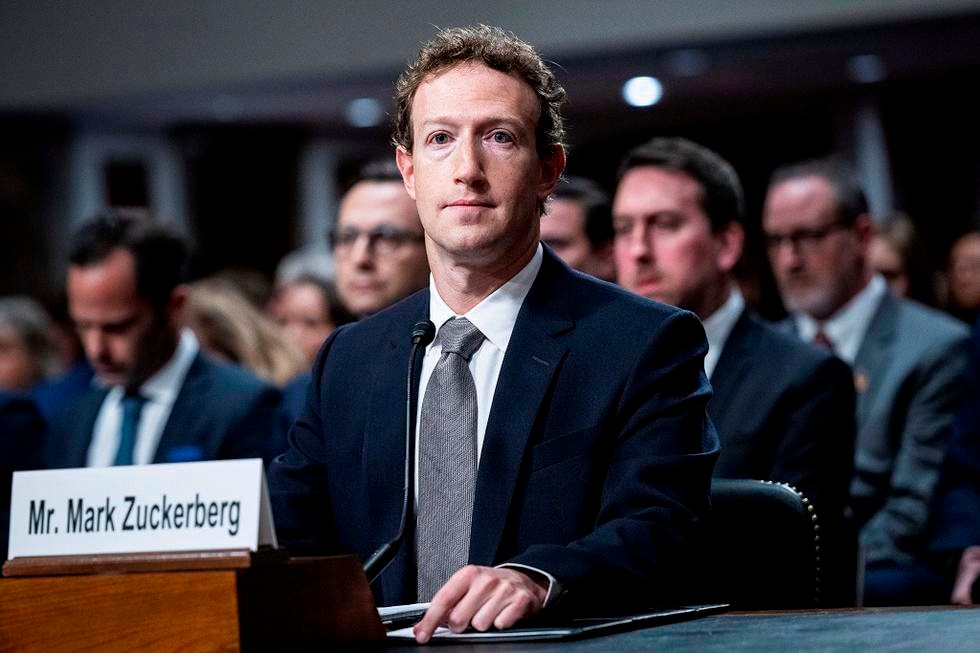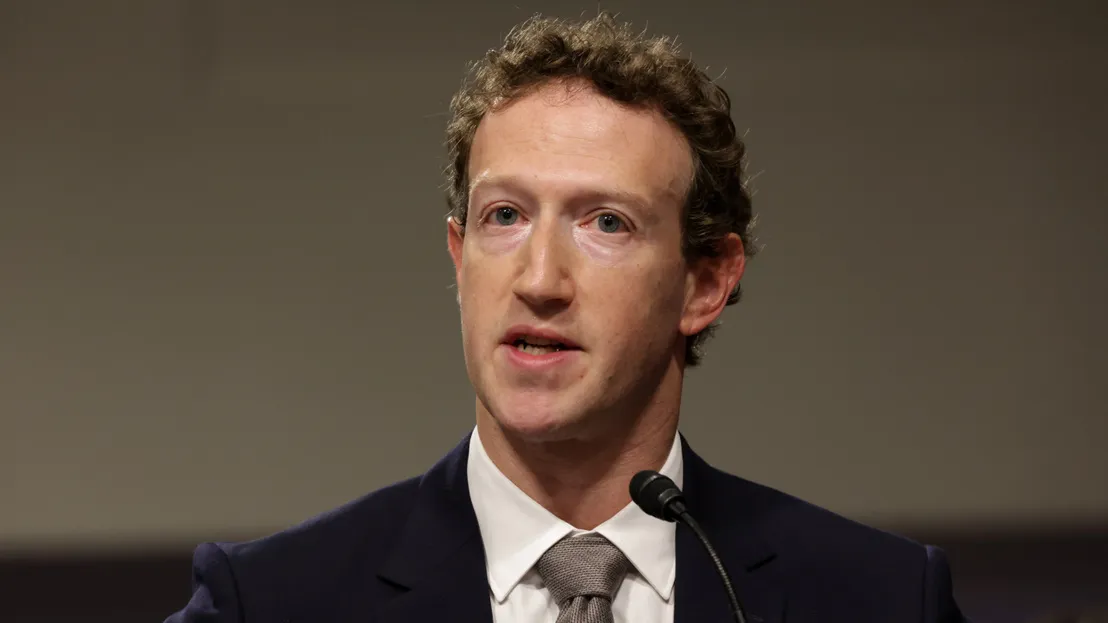

Jeff Bezos’s Rocket Encounters Challenges That Lead To Multi-Million Dollar Costs
Bezos’ ambitious venture into space through Blue Origin has faced significant challenges, particularly with its rockets that have encountered serious setbacks, costing the company millions of dollars. As one of the leading figures in the race to commercialize space travel, Bezos has invested heavily in space exploration technology, but not without facing issues that have affected both the financial stability and the future trajectory of Blue Origin.

Rocket Failures and the Financial Toll
Blue Origin’s most notable rocket, New Shepard, has experienced several challenges over the years. Despite the successes in suborbital flights, the company has also faced multiple failures in its pursuit of full orbital capabilities. The New Shepard rocket, designed to carry astronauts into space, had one of its test flights fail due to an unexpected malfunction in 2015. While this was later corrected, these types of incidents do not come cheap. Each failed launch and subsequent damage to equipment contribute to escalating costs that add up to millions of dollars.

The costs associated with fixing rocket failures, developing new systems, and conducting more tests have drained Blue Origin’s finances. Despite Bezos’ wealth, these setbacks illustrate the huge financial risk involved in private space exploration. Space missions are notoriously expensive, and Blue Origin has had to secure additional funding to recover from these costly failures, including seeking private investors and government contracts to fund future projects.
Rising Expenses in Development and Testing
Blue Origin’s goal to develop a reusable rocket system, like SpaceX’s Falcon rockets, requires significant investment in research and development. The company has poured hundreds of millions into creating rockets that can take off, land, and be reused. However, while the Falcon program by SpaceX has seen successful milestones in reusability, Blue Origin has faced delays in bringing their rockets to the level of reliability required for large-scale space tourism or orbital missions.
To compete in the commercial space industry, Blue Origin needed to ramp up the production of rockets and related infrastructure. Each test flight, including hardware, labor, and logistics, adds to the company’s overall expenditure. For instance, every rocket launch, even when it succeeds, requires thorough post-flight inspections, maintenance, and upgrades to ensure safety and performance. These continuous costs make it clear that while Blue Origin is pushing forward, it is doing so at the price of millions of dollars in ongoing investment.

Competition with SpaceX: A Financial Pressure Cooker
As Elon Musk’s SpaceX continues to dominate the space industry with its innovative rockets and regular missions, the pressure on Blue Origin intensifies. SpaceX has successfully launched reusable rockets, reduced costs, and set new standards for space exploration. The success of Falcon 9 and Starship has placed immense pressure on Bezos and his company to catch up.
Blue Origin’s ability to keep up with SpaceX’s achievements has been constrained by both technical hurdles and the high costs of producing new rockets. While SpaceX has secured lucrative government contracts, especially for NASA missions, Blue Origin has struggled to land major deals. This financial pressure has forced Bezos to make massive investments in order to remain competitive, pushing the company into the red on multiple occasions.
The Road Ahead: Future Investments and Uncertainty
Despite these setbacks, Jeff Bezos remains committed to Blue Origin and its long-term goals. Space exploration continues to be a highly lucrative industry, and the company has not slowed down in its ambitions. Bezos has committed billions of dollars to support Blue Origin in the coming years, with plans for orbital missions and potential future partnerships with governments and private companies.
However, the road ahead is filled with uncertainty. The costs of failure in space exploration are significant, and the competition from SpaceX and other space ventures is growing. The ongoing financial losses experienced by Blue Origin will require careful management and possibly even new business strategies to secure future success.
The million-dollar losses are a painful reality of the highly risky nature of space technology development. Yet, with Bezos’ vast wealth and his long-term vision for commercial space travel, Blue Origin is likely to push forward, betting on future rewards despite the huge financial risks involved.
The Price of Ambition
The financial setbacks faced by Blue Origin and Jeff Bezos highlight the high costs associated with space exploration and rocket development. While the company has made significant progress, the road has been far from smooth. Every failure and setback, costing millions of dollars, serves as a reminder of the enormous risks that accompany the dream of making space travel accessible.
As Jeff Bezos continues his pursuit of space dominance, only time will tell if the millions in losses will ultimately pay off or if Blue Origin will need to reconsider its strategy to compete with the likes of SpaceX and other emerging companies in the industry.


















